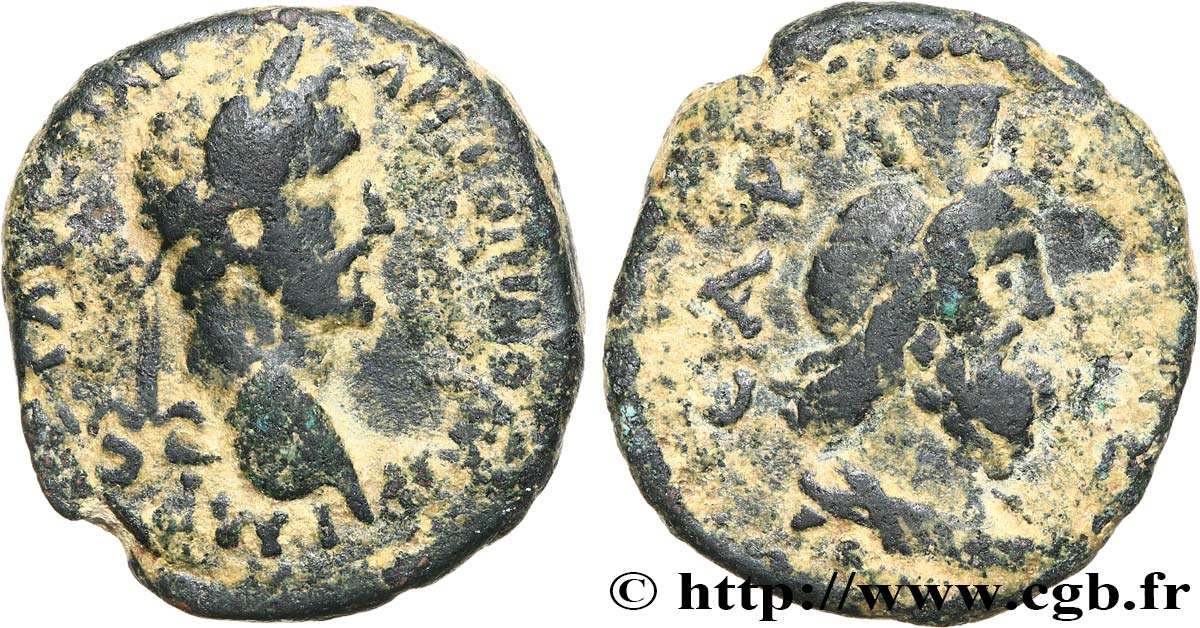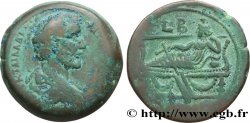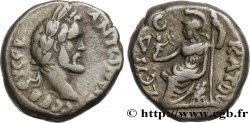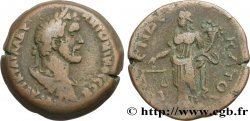bpv_625086 - ANTONINUS PIUS Unité
Not available.
Item sold on our e-shop (2024)
Price : 225.00 €
Item sold on our e-shop (2024)
Price : 225.00 €
Type : Unité
Date: c. 140
Mint name / Town : Aelia Capitolina, Judée
Metal : copper
Diameter : 23,5 mm
Orientation dies : 6 h.
Weight : 10,4 g.
Rarity : R2
Coments on the condition:
Exemplaire sur un flan ovale et irrégulier bien centré, court sur les légendes. Usure plus marquée sur la tête d’Antonin. Beau buste de Sérapis au revers. Jolie patine verte et sable
Obverse
Obverse legend : IMP C T AEL HAD ANTONINO AVG P P.
Obverse description : Tête laurée d’Antonin le Pieux à droite (O*).
Obverse translation : “Imperatori Cæsari Tito Aelio HAdriano Antonino Augusto Patri Patriæ”, (À l’empereur césar Ttitus Aelius Hadrien Antonin auguste père de la patrie.
Reverse
Reverse legend : [CO AE] - CAP.
Reverse description : Buste drapé de Sérapis à droite, coiffé du calathos.
Reverse translation : “Colonia Aelia Capitolina”, (Colonie Aelia Capitolina).
Commentary
Aelia Capitolina, c’est le nouveau nom de Jérusalem après sa refondation par Hadrien d’où son nom romain (Aelia). Même coin de droit que l’exemplaire de la collection Sofaer, ACNAC. 8, p. 82, pl. 73, n° 34.








 Report a mistake
Report a mistake Print the page
Print the page Share my selection
Share my selection Ask a question
Ask a question Consign / sell
Consign / sell
 Full data
Full data



